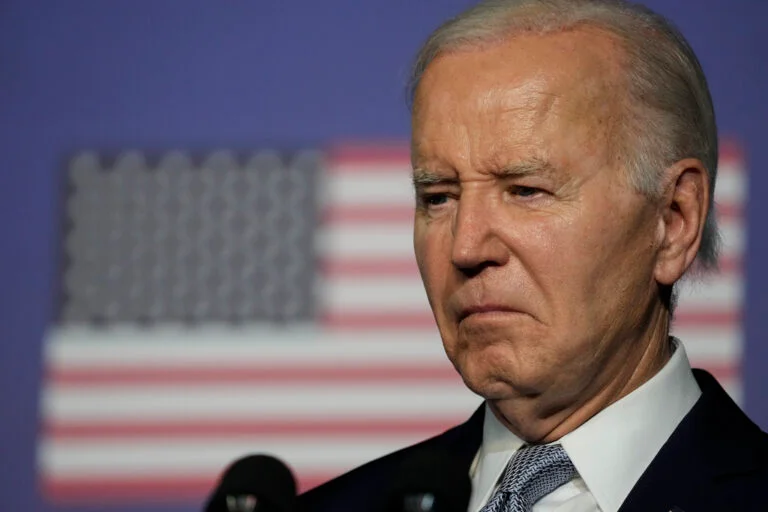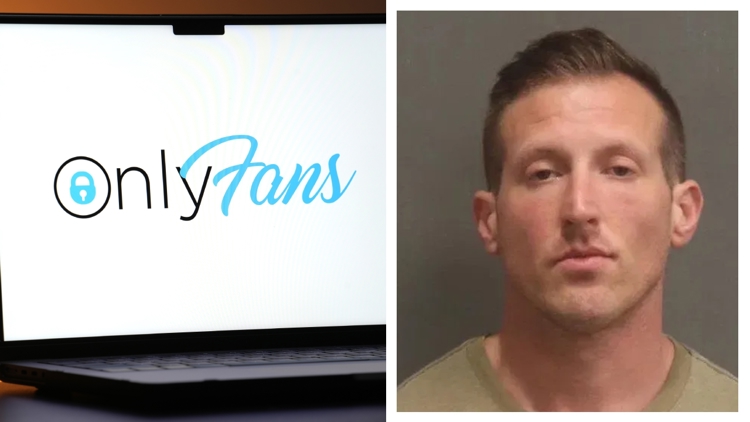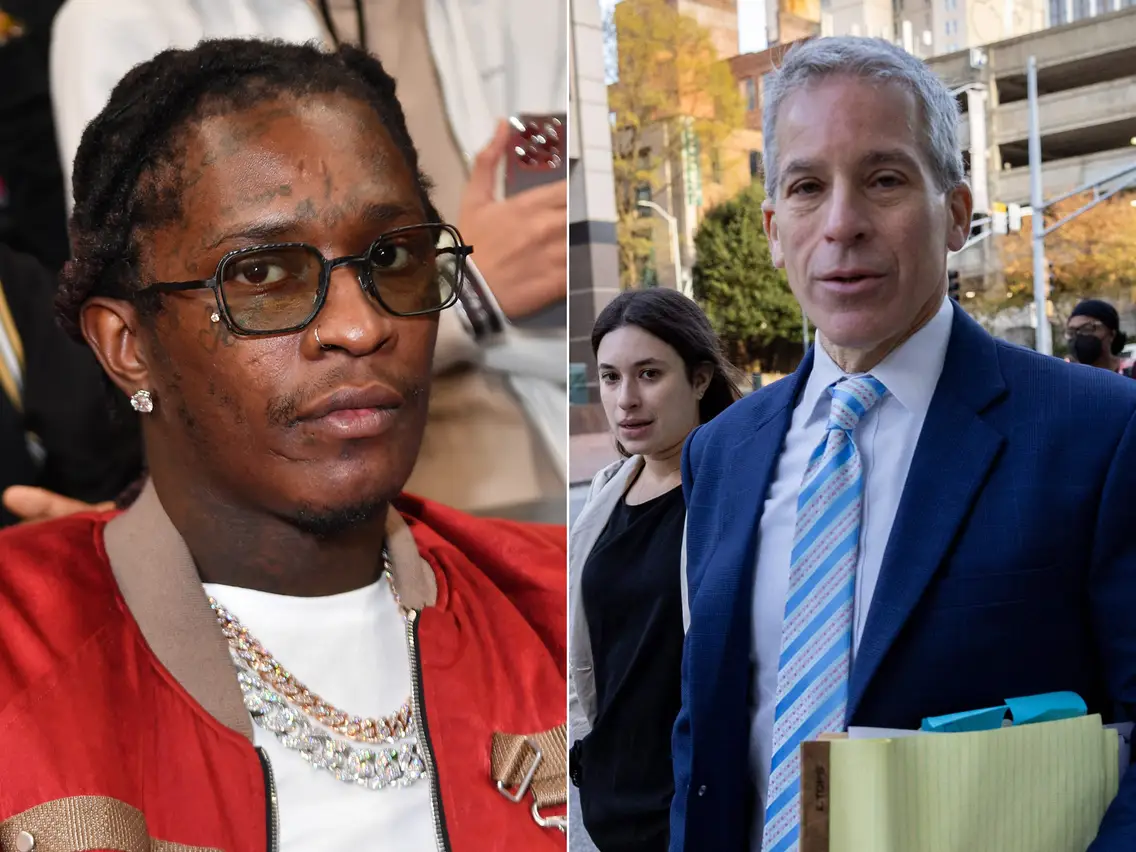When asked at a Group of Seven nations summit in Fasano, Italy, whether he would commute his son’s sentence, Biden simply replied, “No.”
In his first public remarks following his son’s guilty verdict, Biden also reiterated that he will not pardon Hunter Biden. A federal jury in Wilmington, Delaware, found Hunter Biden guilty on Tuesday of three gun felonies, making him the first child of a sitting president to be convicted of a crime.
“I’m extremely proud of my son Hunter. He has overcome an addiction. He’s one of the brightest, most decent men I know,” Biden said. “And I am satisfied that I’m not going to do anything—I said I would abide by the jury’s decision. I will do that. And I will not pardon him.”
Hunter Biden, 54, was found guilty of falsely filling out a federal form denying his narcotics addiction when purchasing a firearm, lying to a gun dealer, and knowingly possessing the revolver despite restrictions against drug addicts owning firearms.
He faces up to 25 years in prison for the three charges, though first-time, nonviolent offenders typically receive shorter sentences. Many legal experts believe incarceration is unlikely for the president’s son.
While a presidential pardon exonerates a convicted individual of all guilt, a commutation keeps the conviction intact but typically reduces or removes the punishment. For example, former President Donald Trump commuted the sentence of his longtime adviser Roger Stone before his term ended, sparing him from prison for seven felonies. Trump later pardoned Stone.
On Wednesday, White House press secretary Karine Jean-Pierre did not comment on whether Biden would consider commuting Hunter Biden’s sentence, which U.S. District Judge Maryellen Noreika will decide on at a later date.
Biden initially responded to the guilty verdict on Tuesday with a written statement saying he loves his son, is proud of him, and “will continue to respect the judicial process as Hunter considers an appeal.”


